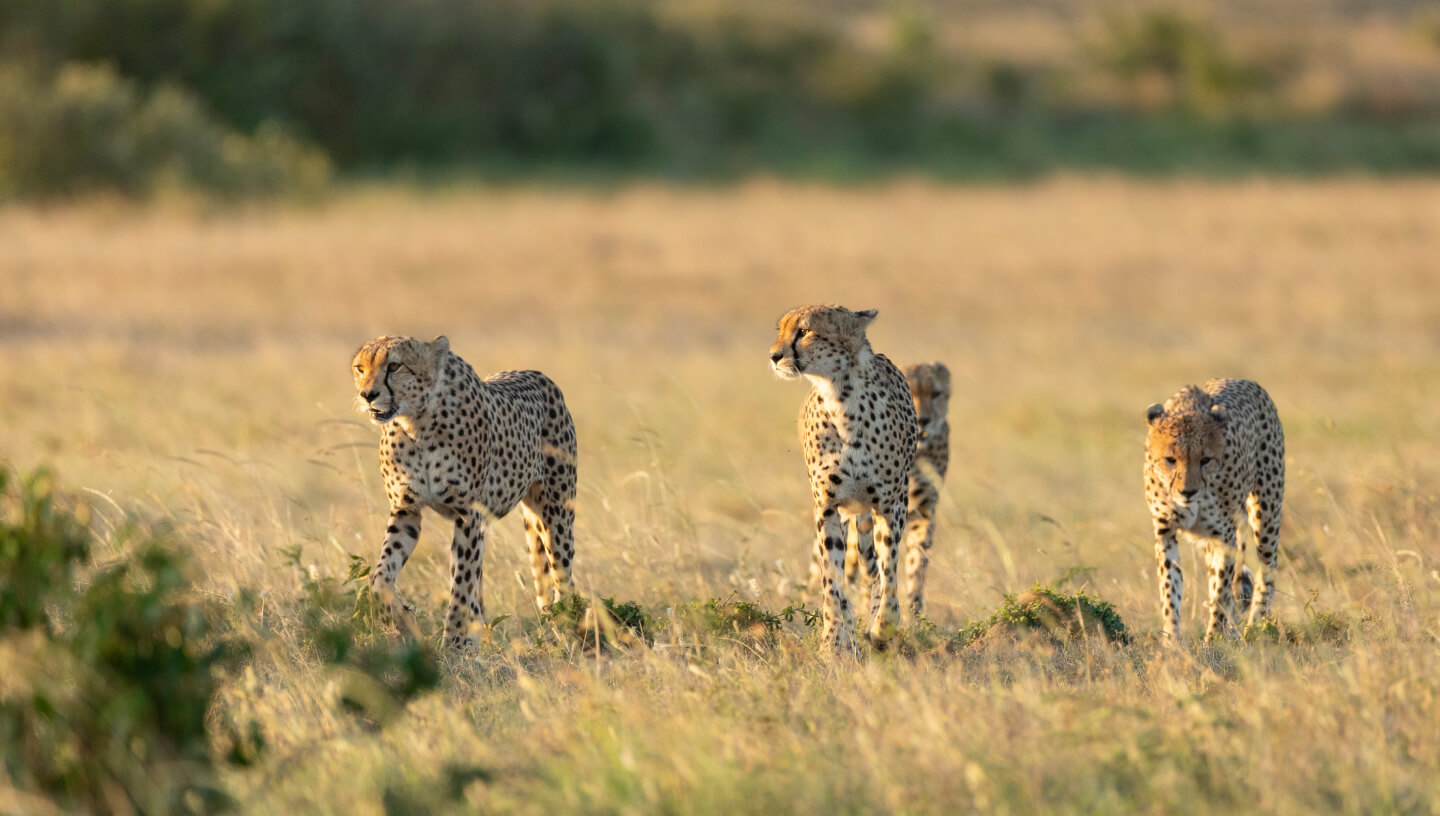21.09.2022
Cheetahs return to the wild in India for the first time in 70 years
This indicates positive climate change in the planet’s largest ecosystem.
 Photo by: StuPorts / iStock
Photo by: StuPorts / iStock
A comprehensive operation to reintroduce (reintroduce) cheetahs into the wild has begun in India. The project was announced by Prime Minister Narendra Modi at a ceremony in Kuno National Park.
The spotted raptors were declared extinct in India in 1952 as a result of human extermination.
“Decades ago, the age-old bond of biodiversity faded, but today we have a chance to restore it. Today, the cheetah has returned to Indian soil. And I would say that along with these cheetahs, India’s nature-loving consciousness has also come into full force,” said the Indian Prime Minister at the ceremony.
Narendra Modi added that for many decades, no one had addressed the issue of restoring cheetah population on Indian lands.
The cheetahs were brought to India from Namibia. Eight animals, five females and three males, arrived from Namibia. The animals have been placed in enclosures for initial adaptation, after which the big cats will be released into the reserve.
The cheetahs will join the family of large felines that live in India. There are already populations of Bengal tigers, Asiatic lions, Indian leopards, snow leopards and smoky leopards.
In the past, the Asian cheetah subspecies used to inhabit the Indian subcontinent and other parts of Asia and the Middle East. Scientists thought it would be impossible to restore its population in India today, so they decided to release African cheetahs into the reserve.
The cheetahs were flown in by military aircraft. The cheetahs were flown from Africa to Maharajpur Air Base by Indian Air Force aircraft before being flown by army helicopters to Kuno Wildlife Sanctuary in Madhya Pradesh.
As the reserve’s management explained, all the cheetahs have been fitted with radio collars to monitor their movements by satellite. Each animal is monitored for 24 hours by a special team.
According to experts, reintroduction of cheetahs into the wild will take time and the success or failure of the operation will not be known for at least 15 years. This is how long the cheetahs need to adapt to their new home and become part of the local ecosystem.
Cheetahs are the fastest terrestrial animals, capable of speeds of up to 120 kilometres per hour and accelerating to 75 kilometres per hour in two seconds. Cheetahs do not attack humans, they can be tamed and even trained. In ancient times, trained cheetahs were used to hunt all kinds of game. These predators are extremely sensitive to climate change. Their successful return to the wild gives hope that human efforts to preserve the climate are paying off.
Cover photo: Kandfoto / iStock













.jpg)























.jpg)



























































Comments